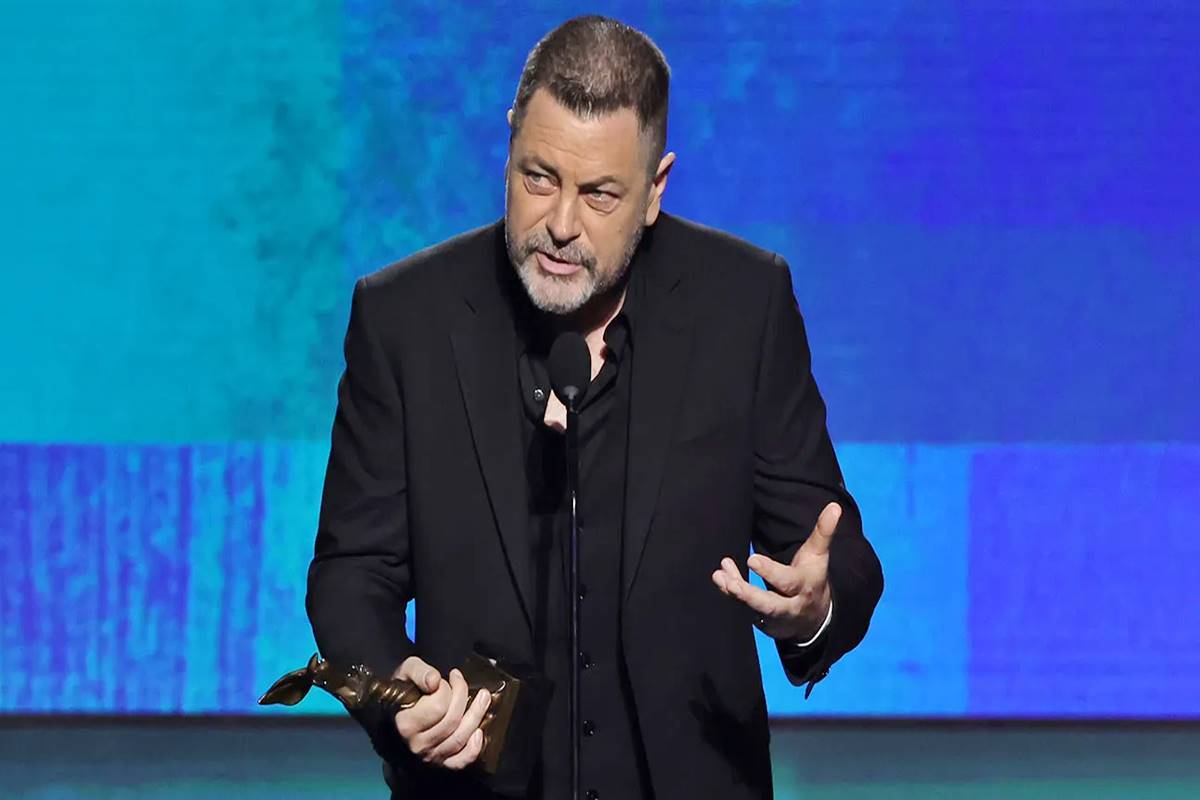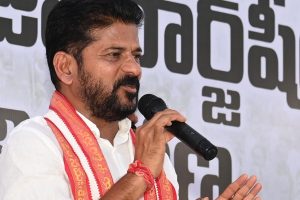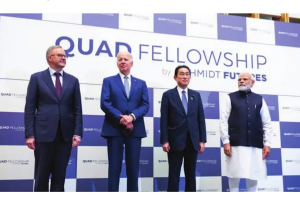Nick Offerman took center stage at the Independent Spirit Awards, not just to accept his award for Best Supporting Performance in a New Scripted Series, but also to tackle head-on the issue of “homophobic hate” surrounding his work in “The Last of Us.” With a mix of wit and conviction, Offerman didn’t hold back, thanking HBO for their courage in embracing stories that challenge norms.
In his impassioned speech, Offerman emphasized that the story he’s a part of isn’t merely a “gay story,” but a profound love story that transcends labels. His character, Bill, and his partner Frank, portrayed by Murray Bartlett, navigate a post-apocalyptic world fraught with danger and uncertainty, their love story unfolding amidst the chaos.
The episode in question, “Long, Long Time,” received critical acclaim for its emotional depth and narrative richness. However, it also faced backlash from some quarters, with instances of homophobic review-bombing marring its reception. Despite this, Offerman remains resolute, asserting that stories like these are vital precisely because they challenge entrenched prejudices.
Offerman’s stellar performance as Bill has already garnered him an Emmy earlier, and now, his win at the Independent Spirit Awards further cements his talent and the significance of his portrayal. As production gears up for the second season of “The Last Of Us,” set to release in 2025, Offerman’s words serve as a powerful reminder of the importance of authentic storytelling and representation in media.
In a category filled with formidable contenders, including the likes of Billie Eilish and Jessica Williams, Nick Offerman emerged victorious, a testament not only to his acting prowess but also to the resonance of the story he helps bring to life. As the entertainment industry continues to evolve, Offerman’s speech stands as a beacon of hope, urging for acceptance, empathy, and celebration of diverse narratives.











